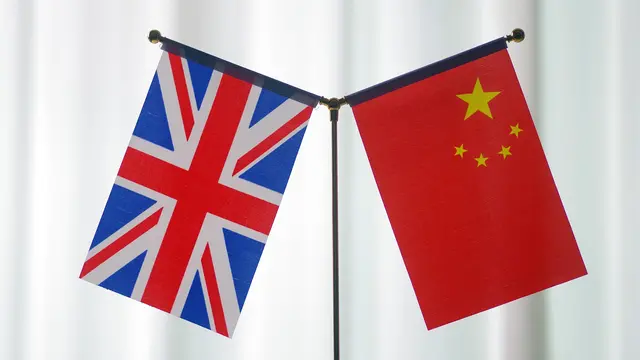When people think of trade, typically their focus tends to be on goods, something produced in one country, and shipped to another. The world has of course seen such trade for many years, dating back to the exchange of spices and other primary products, and now with cars as the most iconic traded item. Alongside this thinking is the common consideration that the most important trade barrier is tariffs, where governments put charges on such imports.
By contrast, mass services trade is relatively new, much of which people don't even realize is trade. Most obviously, the software and app stores in our now ubiquitous smartphones are international services. Our travels to other countries are services trade, as is the now common act of studying in other countries, and theatre or concert tours. Even less obviously there are many components of goods that are actually services, such as the satellite navigation systems and various other on-board computers. The service of transporting products, which obviously always went alongside traded goods, is by now but a small part of the total.
Overall, standard figures show that between 20 and 25 percent of world trade comes in services, and this had been a growing share until the COVID-19 pandemic. However, this may be an underestimate given the services components of goods described above, and the known difficulties of accurately counting services trade. For goods, public authorities typically have records when they cross borders. There is nothing similar for services, thus there are estimates which lead to situations such as that between the world's two largest services exporters, the UK and the U.S., whose figures for bilateral trade differ wildly from each other.
High on the list of the asks of trade professionals for services is therefore better data. This would be not just at the aggregate level, but also in terms of individual sectors, where there are a number of different systems of classification. In World Trade Organization (WTO) figures, this sees one of the largest contributions being "other professional services" which is not a particularly helpful description. Better data offers hope on an improvement in understanding, starting at governmental level. Another move in the right direction would be to emphasize trade policy towards better facilitating services trade.
Important though good measurement is, we should also not forget that so much of services trade is about people collaborating across borders to find ways to improve our day-to-day living. Perhaps the most recent spectacular example has been the development of vaccines to counter the COVID-19 pandemic at a pace never before seen in history. Such scientific cooperation has been built on many decades of shared academic research, which is also services trade. A bigger challenge that we all face is the climate emergency, in which there is already global collaboration, including for many services which will help manage and tackle the issue.
At a more personal level, there is also much to be said for the people-to-people exchanges that are tourism, sport, culture, student exchanges, youth mobility schemes, workplace secondments and so on. These have enriched the life of many people, and should continue to do so in the future. That they can also contribute to global economic benefits, which should also be of interest when so many countries are struggling for growth, is a double benefit. Barriers to such movement, as well as numerous regulations, are the barriers to modern services trade.
Such is the background to the 2023 China International Fair for Trade in Services (CIFTIS) for which the UK is a guest of honor country. The world's second largest services exporter at such an established trade fair, since 2012, feels like an appropriate partnership. The UK has been described as a services superpower, not just for the size of exports but also the sheer range of excellence. Financial and professional services are well known, the English Premier League is one of the top global sporting brands, our cultural strengths build on centuries of literature and performance, engineering companies run major programs globally, and even that list misses much out. Underpinning all of this is a services mindset, in which UK businesses are used to thinking about how to create attractive propositions to customers.
China became the world's fifth-largest exporter of services with $227 billion of exports in 2017, triple the value in 2005. As such it is increasingly important. And to be a large importer with a small deficit also has the opportunity to absorb expertise from other countries. Not surprisingly therefore we have seen the development of a strong trading relationship in services between the UK and China, that can only be boosted by a large visiting delegation.
For services though much more than for goods, it feels like there is much more trade than can be developed. Artificial Intelligence is seen as a challenge but should also be an opportunity, but mostly this will be about people coming together to think collectively about possibilities. This then is the culminating reason why strong UK participation at the Fair is good news.
(CGTN)
 简体中文
简体中文

